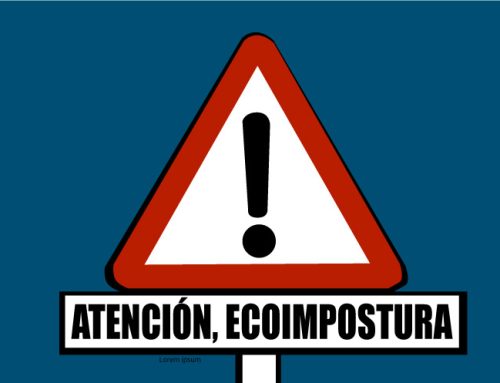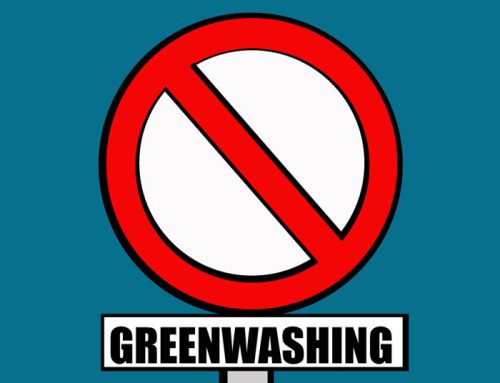The rise of eco-friendly music festivals
11/07/2017
Tiempo de lectura: 4 minutos
Last summer, I unintentionally attended an eco-friendly music festival. Entering Paris’ Bois de Vincennes, I assumed the name We Love Green reflected the festival’s appreciation of its green scenery. However, there was more to it. Devoted to sustainability, the festival contained endless rows of local food stands. Instead of music festivals’ typical greasy pizza and messy nachos, fresh fruit and organic meals were served. With no plastic bottles in sight, attendees carried their natural beverages in green reusable cups. Promoting environmental awareness and responsibility, the local produce and reusable cups embody the ethos of We Love Green; they strengthen the idea of a community coming together to celebrate the environment while listening to good music. I never even knew sustainable music festivals existed, yet there I was at one of the top green festivals (1).
All over the world, festivals, both large and small, are growing conscious of their ecological footprint. As temporary cities of celebration and inspiration, music festivals have evolved into laboratories for environmental innovations. Revealing how wasteful society can be, festivals foster sustainable living. Through the Show Must Go On report, Powerful Thinking, a think tank dedicated to sustainable energy for festivals, highlights the environmental impact of the U.K. festival industry. As part of the report, Festival Vision: 2025 was created to reinforce the industry’s fight against climate change. Over 40 U.K. festivals have pledged to form a more sustainable future by halving their emissions and obtaining 50% recycling rates by 2025. Through these aims, Festival Vision: 2025 exemplifies the efforts of music festivals worldwide to promote sustainability and reduce environmental damage.
With attendees traveling mostly by car, transportation constitutes a majority of a festival’s total emissions, reaching up to 80% of U.K. festivals’ carbon footprint. To enhance their sustainability, many festival organizers are rewarding those who use alternative, low-emission transportation. For instance, Belgian festival Pukkelpop includes free public transport in festival tickets and reserves priority parking spots for carpoolers. Through its Carpoolchella program, California’s Coachella also rewards carpoolers by entering them in a giveaway to win backstage passes, merchandise, and even VIP tickets for life. At Primavera Sound in Spain, over 80% of attendees use public transport or bikes for transportation, effectively reducing emissions.
Opting for more sustainable food options, many festivals are promoting local sourcing and organic eating. According to A Greener Festival, a British organization dedicated to improving festivals’ environmental efficiency, sustainable eating is on the rise: 80% of chosen attendees prefer to consume humanely raised meat, and 83% favor a free-range eggs option. Through local sourcing, organizers provide a selection of sustainable meals with reliable and natural origins, minimizing environmental damage. Since livestock produces 14.5% of greenhouse gases, festivals are also adding several organic plant-based meals. Leading in food sustainability, the U.K.’s Sunrise Celebration requires 85% of food ingredients to be organic, while the festival Shambala has completely removed meat and fish from their menu.
When it comes to plastic, festival sites are often littered with a sea of environmentally harmful disposable cups. As a result, organizers are introducing reusable cups and banning the sale of plastic. With sustainability as an underlying principle, California’s Lightning in a Bottle provides free water to reduce its plastic consumption. While Bonnaroo in Tennessee requires compostable utensils, U.K. festivals Glastonbury and Shambala use reusable stainless steel bottles. Alternatively, Costa Rica’s Envision nearly prohibits the use of plastic.
A weekend at a music festival can visibly reveal the environmental impact of waste generated at such events. With waste producing 35% of festivals’ on-site carbon footprint, many organizers are committed to tackling waste management. Through its Leave No Trace policy, Nevada’s Burning Man encourages attendees to stop littering and to pick up any trash they may find. Similarly, Coachella’s 10 for 1 policy allows attendees to receive a free water bottle if they bring in 10 empty ones. As a zero-waste event, We Love Green sorts out and composts all of its waste. While Glastonbury composts 150 to 200 tonnes of food waste, Bestival provides 100 composting toilets.
Since U.K. festivals alone burn 4.96 million liters of diesel annually, organizers are embracing renewable sources to reduce their energy consumption. Multiple American festivals, including Lightning in a Bottle, Bonnaroo, and Lollapalooza, use biodiesel or solar panels to power their stages while encouraging attendees to donate money to offset carbon emissions. Fully powered by renewable sources, Shambala excels in energy efficiency, having reduced its emission from 73 tonnes in 2009 to 27.5 in 2016. Dedicated to clean energy, music festivals aim to follow in the footsteps of Australia’s Off the Grid festival, the first completely solar powered festival.
(1) We Love Green received the Outstanding Greener Festival Award in 2016 for its environmental efficiency.
Christina Tatum
International Relations student at the University of Southern California
Fotografía: Unsplash.com
Sources:
• A greener festival
• The show must go on
• Live Nation TV
• MindBodyGreen


